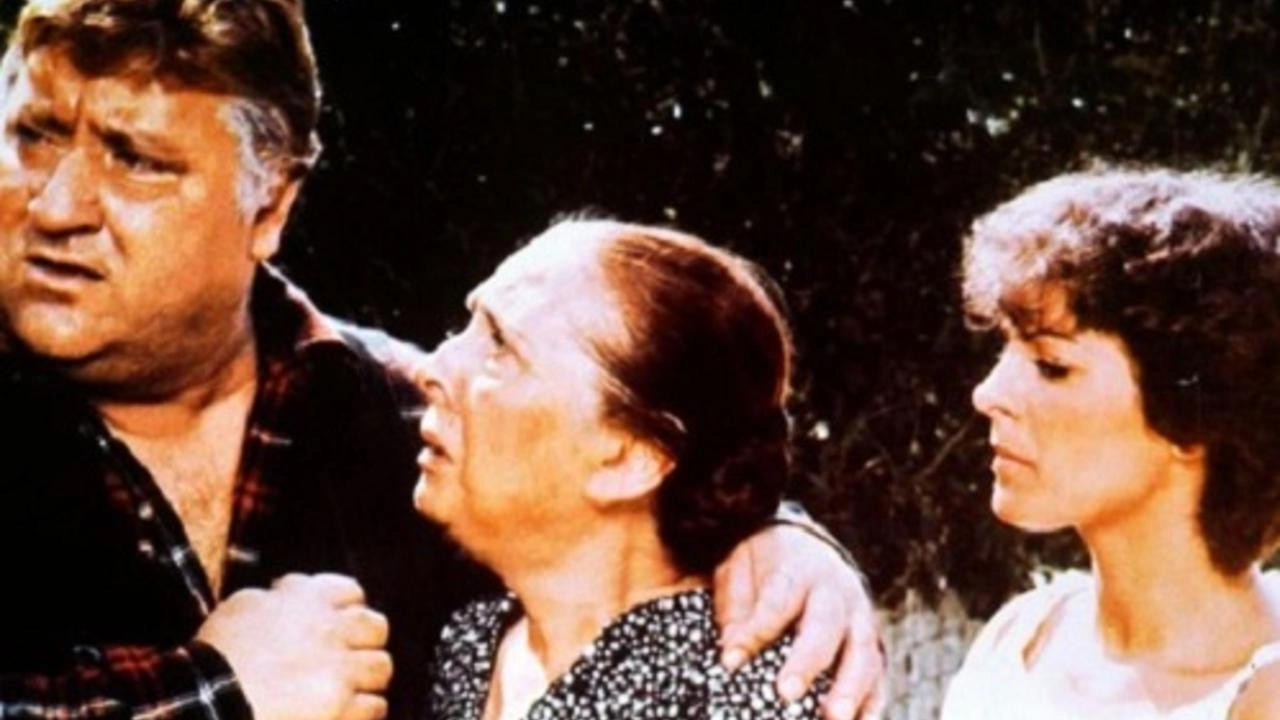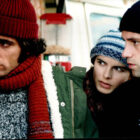The Riches of the Land and the Allure of Italian Cuisine
Italian cinema is renowned for capturing the country’s soul, narrating stories that oscillate between poverty and luxury, wine and food. In this context, the film by Alfonso Brescia “Lo Zappatore” stands out as an extraordinary example of how the seventh art can tell the complex relationship between Italian agriculture and culinary culture.
“Lo Zappatore” is a 1950 film directed by Raffaello Matarazzo, one of the most important directors of Italian neorealism. The plot revolves around Gennarino, a young and tireless farmer masterfully played by Amedeo Nazzari. The story takes place in the southern region of Italy, a land where the daily challenges of farmers intertwine with a passion for food and wine.
Gennarino is a man deeply connected to the land. He works tirelessly in the fields, struggling to grow crops and put food on his family’s table. However, his love for the land goes beyond fieldwork; he also nurtures a passion for winemaking, an art passed down through generations. His wine cellar is a sanctuary where exquisite wines are preserved and aged, witnesses to time and dedication.
Gennarino’s story is intertwined with that of Angela, portrayed by Silvana Pampanini, a charming and modern young woman who brings with her the idea of a different world, where traditional agriculture must grapple with economic and social changes. The encounter between Gennarino and Angela will disrupt their lives, questioning traditions and opening the way to new perspectives.
“Lo Zappatore” is a celebration of the beauty of the Italian Mezzogiorno, with breathtaking landscapes that change with the seasons. Matarazzo’s direction captures the poetry of rural life, showcasing the toil in the fields, the grape harvest, and the preparation of traditional meals. In particular, the kitchen becomes a space where love, passion, and tradition are expressed.
The heart of the film “Lo Zappatore” lies in the conflict between the past and the future, between agricultural traditions and new economic opportunities. This conflict is embodied in the relationship between Gennarino and Angela. Gennarino represents the old guard, rooted in the land and its traditions, while Angela represents modernity, with progressive ideas and a desire to move beyond rural life.
“Lo Zappatore” is a cinematic work that embodies the fabric of Italy, between poverty and luxury, wine and food. Matarazzo’s film is an ode to the beauty of Italian agricultural and culinary traditions, while highlighting the need to adapt to survive.
In a rapidly evolving world, the film reminds us of the importance of preserving our roots and the values that have made us who we are. “Lo Zappatore” is a tribute to the land, food, and wine, a testament to the strength of Italian traditions and their eternal capacity to adapt.
Watch the full movie at www.movieitalyplus.com or watch some clips at www.visititalywithmovies.com






